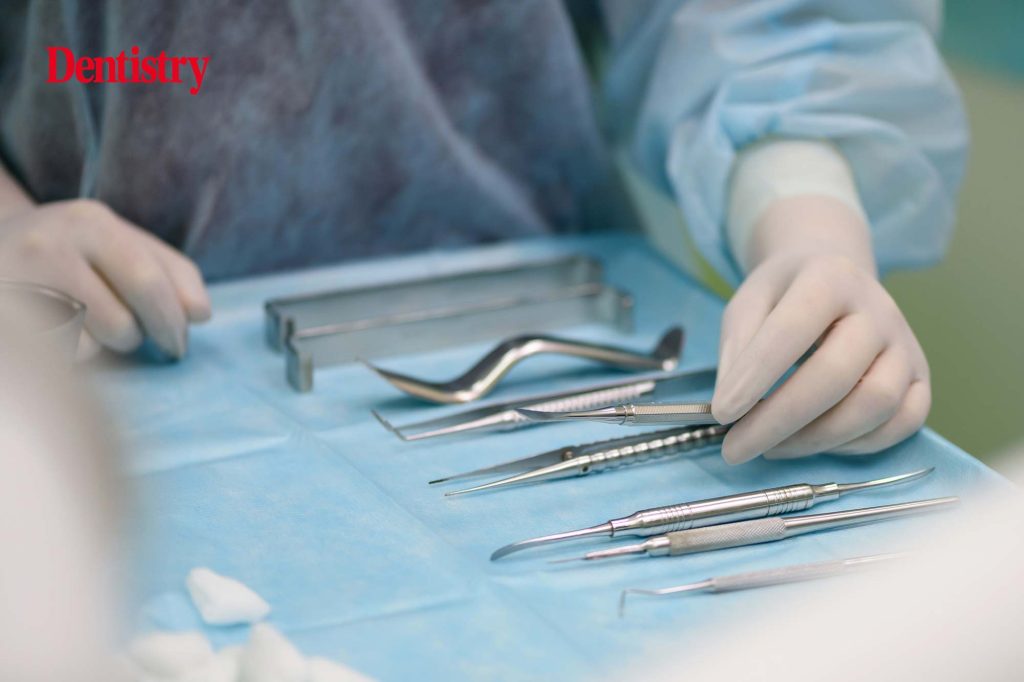
Rebecca Silver shares her 10 top tips for new dental nurses, from protecting your mental health to perfecting time management.
Congratulations on becoming a newly qualified dental nurse! Here are 10 top tips to help you kick-start your career and excel in your exciting new role as a qualified and registered dental nurse…
1. Embrace continuous learning
Never stop learning and seek opportunities for professional development. This is important in all aspects of life but especially in a professional setting.
Make sure you engage in meaningful professional development by attending workshops, dental shows, face to face CPD and stay up to date with the latest dental developments. This continuous learning will not only help you meet your CPD requirements, but allow you to network and meet your fellow dental professionals.
2. Observe and learn from experienced colleagues
Take advantage of the knowledge and experience of senior dental nurses and other dental professionals in your practice. Observing their techniques and seeking guidance can enhance your skills and confidence. Many people in the dental world are happy to help and support new members of staff, you only have to ask.
3. Prioritise infection control
Make sure that you adhere to strict infection control protocols to ensure a safe and hygienic environment for both patients and staff. Proper sterilisation and disinfection procedures are essential for preventing cross-contamination.
This includes everything we do throughout our working day; follow practice guidelines and policies and if you are in doubt, ask! The safety of you and your patients are paramount to a harmonious and safe working environment.
4. Develop effective communication skills
Excellent communication is vital in dental nursing. Practice active listening, use clear language when explaining procedures to patients, and maintain open communication with the dental team.
Communication may have become harder or easier with the introduction of emerging technology (possibly depending on your age!). And we must not forget that we have a generation of dental nurses who trained through COVID-19, which had a profound effect on how we interact with patients and other members of staff. Some people may struggle with this and we each have our own ways of communicating.
However, we must be indful of how we appear to our patients and colleagues as perception is everything, even if the intent was not malicious. There are many different ways to expand on this skill, but as an immediate learning activity is to watch the clinicians and other members of staff you work closely with. Especially if they are a long term member of staff as that means that there is a chance that they have built up rapport and meaningful relationships with patients and staff.
5. Understand your scope of practice
Familiarise yourself with the duties and responsibilities of a dental nurse as outlined by the General Dental Council (GDC). This includes understanding what tasks you are legally allowed to perform and when to seek guidance or assistance from senior colleagues.
6. Look after your mental health
Dental nursing can be demanding, so it’s important to develop strategies for managing stress and maintaining your mental health. Your health is more important than the politics of a dental practice, so reach out for help and support when it is needed.
7. Prioritise patient comfort
Make sure you show empathy and compassion towards patients. Be attentive to their needs, concerns and anxieties, creating a positive and reassuring dental experience.
Many patients are nervous about trips to the dental practice and some will not admit this, and may act in a way that can be perceived as angry or anxious. Take the time to ensure that you meet all the different needs you can.
Ask yourself, is the patient comfortable? Can I do anything to help them? Ask them questions to find out what makes them comfortable.
8. Time management and organisation
Dental settings can be fast-paced, so develop strong time management skills to ensure smooth workflow and avoid unnecessary delays. This includes knowing your day list before your patients are in the surgery.
Knowing what equipment will potentially be needed. If you have a morning full of treatment and not enough handpieces, make sure you know when to run them through the decontamination cycle and at what time.
9. Focus on ergonomics
Pay attention to your posture and ergonomics during procedures to prevent musculoskeletal issues. Utilise adjustable equipment and seating to maintain comfort and reduce the risk of injuries. Our bodies will dictate how long we can work comfortably for, don’t ignore it!
And finally…
10. Seek feedback and reflect
Don’t hesitate to seek feedback from your colleagues and supervisors. Regularly reflect on your performance, identify areas for improvement, and use feedback constructively to grow in your role.
Think back to your first day in surgery and look how far you have come. Think about how far you could go!
Remember, being a dental nurse requires dedication, attention to detail and a commitment to providing excellent patient care. By embracing these tips and continually striving to improve, you’ll set a strong foundation for a successful and fulfilling career as a dental nurse. Best of luck!
Follow Dentistry.co.uk on Instagram to keep up with all the latest dental news and trends.

